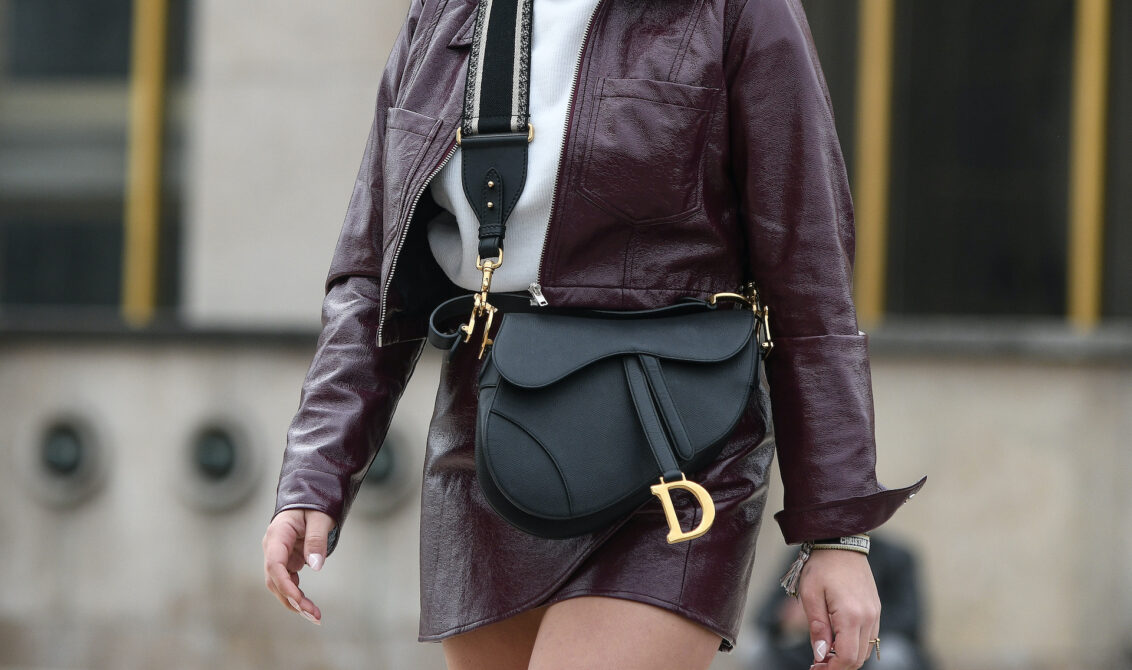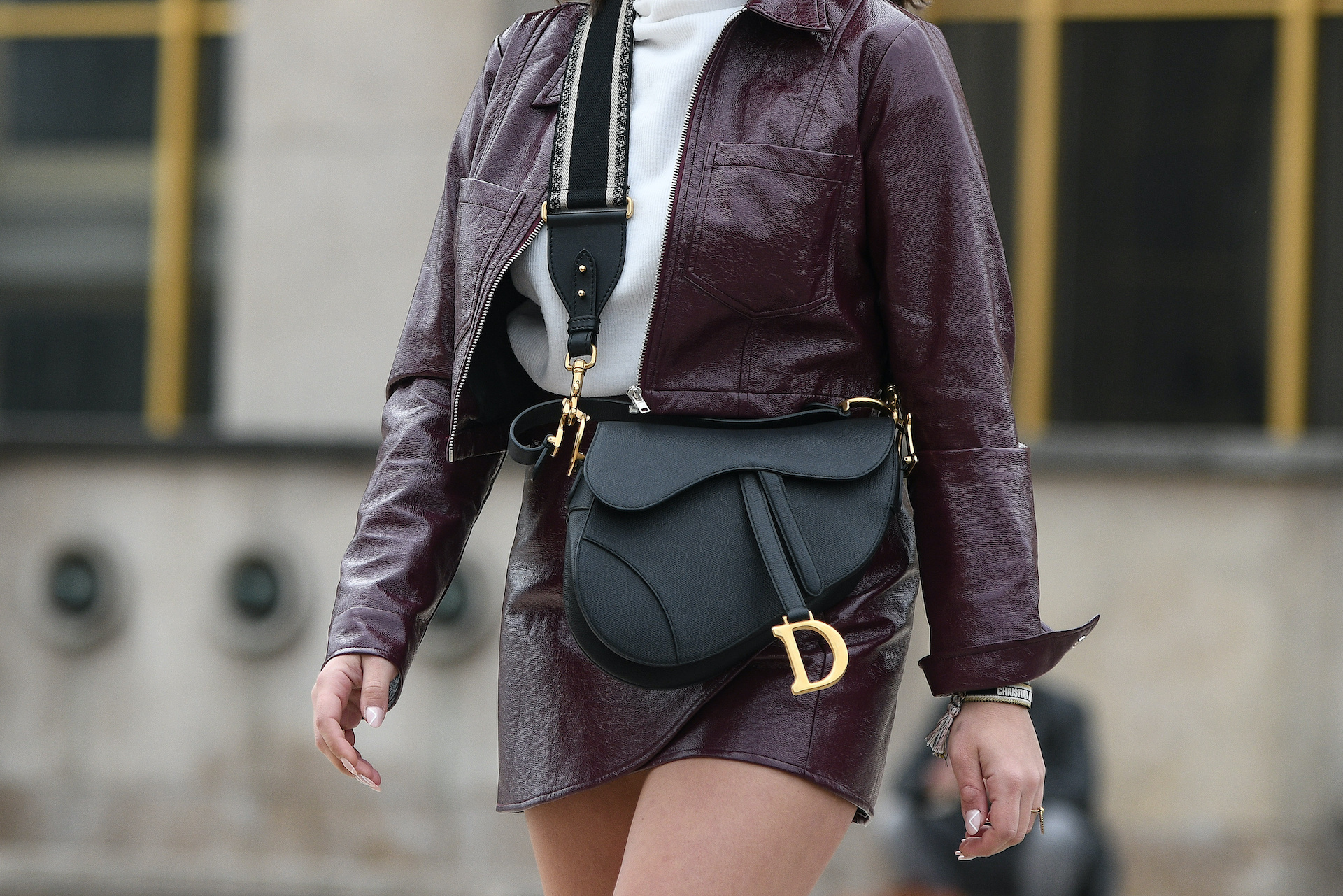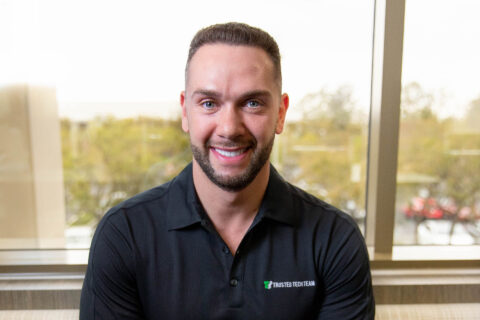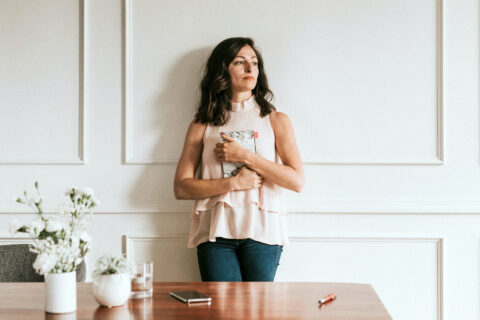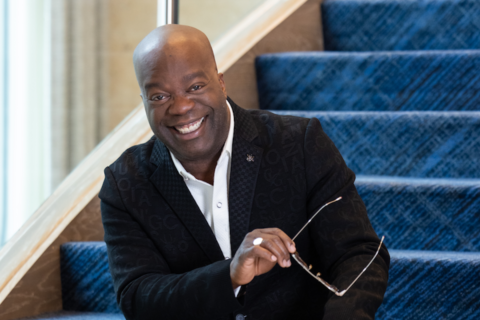The luxury resale market is growing four times faster than the primary luxury market, at 12 percent and 3 percent respectively. Luxury resale represents a $24 billion market. What’s behind this significant growth?
A key driver behind the rise of luxury resale is sustainability – as consumers become hyper-focused on ecological integrity and consumption. Digital growth, affordability, and collectability also act as primary drivers. Resellers offer a diverse collection of luxury goods, but the most sought-after goods are gently-used designer bags.
Luxury resale for authentic designer bags is thriving
The market for pre-owned luxury designer bags has expanded in recent years. Luxury resale is a thriving business model, fueled by digital platforms like Fashionphile, CODOGIRL, Farfetch, Rebag and The RealReal selling pre-owned designer bags.
Here’s a look at how top resellers operate within the luxury second-hand market.
Fashionphile
One of the largest brands in online designer resale, Fashionphile has numerous physical locations across the United States. Neiman Marcus acquired a minority stake in Fashionphile in 2019 for an undisclosed amount, and store-in-store locations in five cities have since collected nearly $16 million in resale merchandise.
As a result, they have robust inventory and the company plans to open 10 more Fashionphile Selling Studios inside Neiman Marcus stores in 2021. While options are abundant, prices for pre-owned handbags are still close to retail.
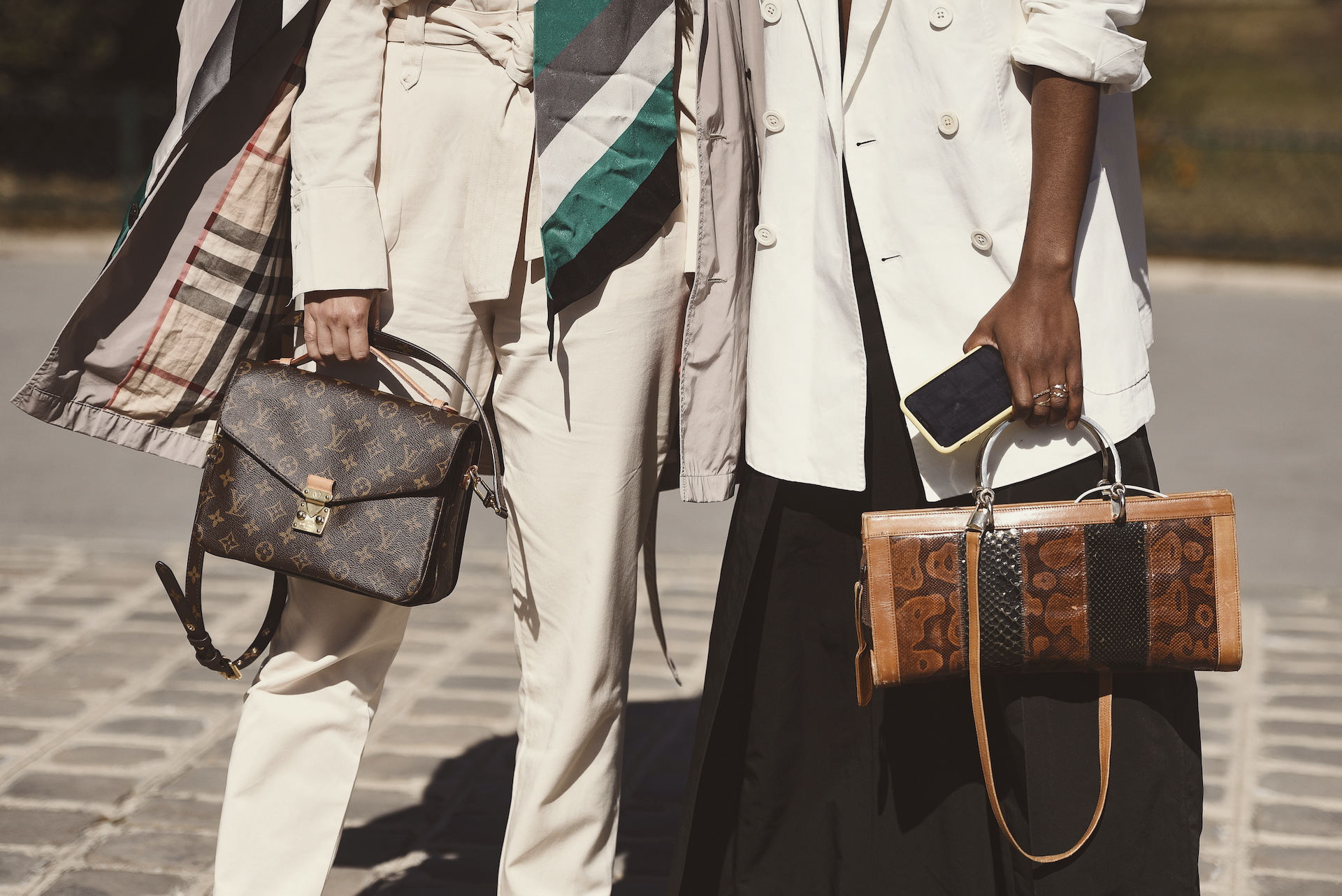
Fashionphile’s extensive network and size provides notable benefits for sellers. In addition to consignment, they make cash buyout offers and process payments as soon as they receive and inspect a handbag.
Generally, resellers will market a pre-owned handbag on consignment and pay once it sells, which could take a while. On the other hand, the drawback to a fast cash buyout means a seller will typically receive less money than they would from consignment.
Leveraging Neiman Marcus’s vast retail footprint, Fashionphile services include buy online, pick up in-store, dropoffs, and general customer care supported by service desks at select Neiman Marcus locations that do not yet have a Fashionphile Selling Studio.
As a larger reseller with a brick and mortar and online presence there are drawbacks to customer experience including Google Reviews that suggest customer service delays, missing bags, low quotes, quality concerns, and more.
However, the Fashionphile website is well-designed and easy to browse. Product descriptions are professional and product photography is outstanding. Despite stated drawbacks, it remains a popular destination for secondhand luxury handbags and accessories.
CODOGIRL
The designer resale boutique, CODOGIRL, based in Greenwich, CT, buys and sells authentic designer handbags and accessories. The boutique aims to set itself apart by offering free shipping, 30-day returns, up to 70% off the original retail price, and a commitment to sustainable fashion.
CODOGIRL, established in 2010, is a relatively small reseller yet boasts notable advantages over larger companies. One example is their effort to provide an exceptional customer service experience – including a commitment to phone line management without automated attendants and long voice menus during business hours. A glance at Google Reviews reveals high marks for fast shipping, easy returns, good pricing, friendly and knowledgeable staff, and high-quality luxury goods.
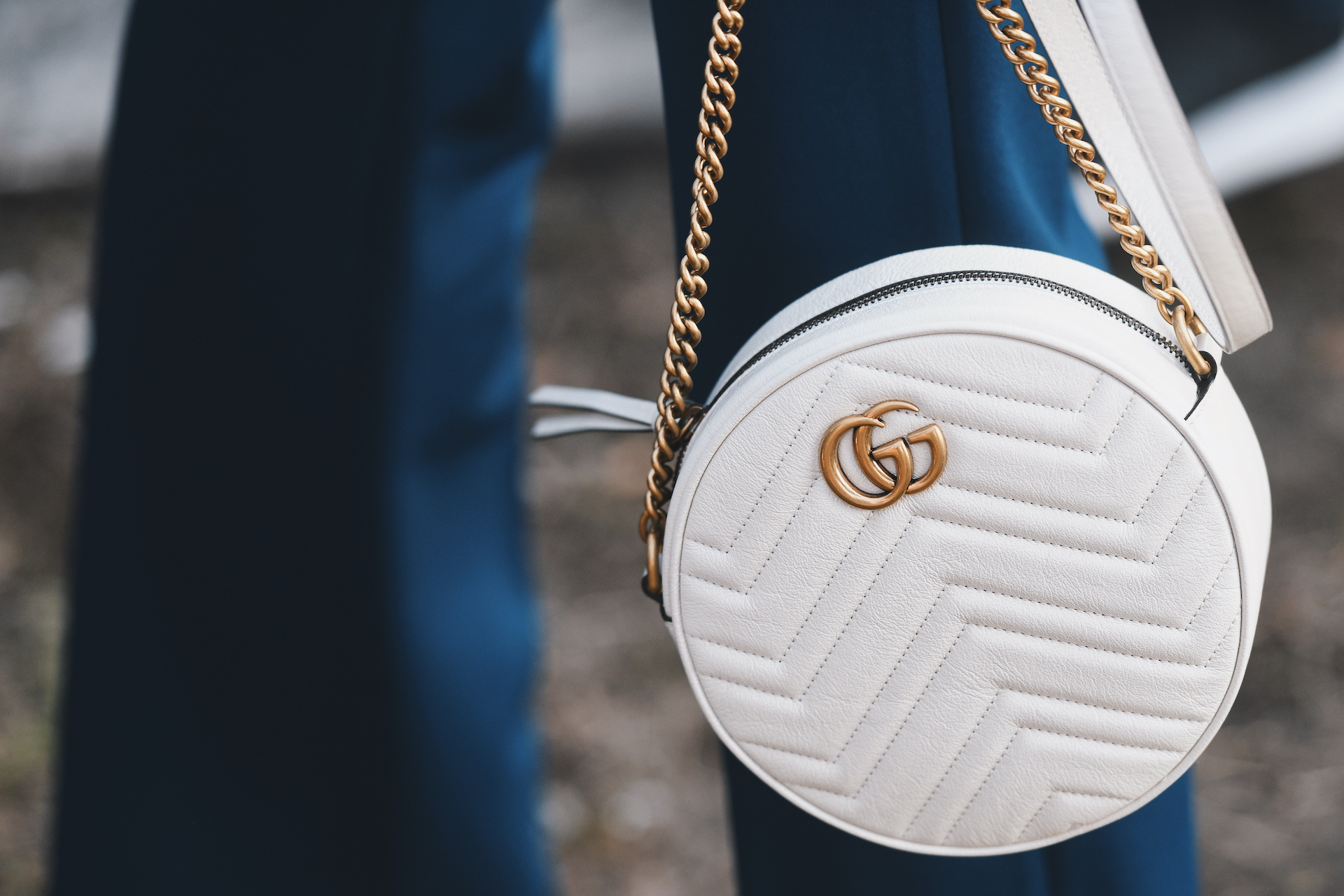
While inventory levels are significantly smaller than larger resellers, buyers can often find rare hard to find vintage goods. Meanwhile, product listings and visuals are high quality which is essential to a good user experience. Lastly, high-end inventory pricing, like a pre-owned Chanel flap bag, is competitive.
CODOGIRL’s emphasis on sustainability is also praiseworthy. Every reseller of pre-owned goods is inherently sustainable. When someone purchases a pre-owned designer handbag, accessory, or garment, they no longer contribute to the fashion carbon footprint. Instead, they extend the lifespan of luxury goods and offset the environmental and financial costs of fashion.
However, the luxury reseller takes sustainability further by providing refashion services, including custom bag painting and slouchy bag solutions. These redesign and upgrade services utilize sustainably sourced materials.
Farfetch
Farfetch, a global destination for modern luxury, aims to offer the world’s best designer fashion and emerging brands to discerning luxury customers. Their mission is to be the global platform for luxury fashion, connecting creators, curators and consumers.
Launched in 2008, Farfetch began as an e-commerce marketplace for luxury boutiques around the world. Today the Farfetch Marketplace connects customers in over 190 countries and territories with items from more than 50 countries and over 1,300 brands, boutiques and department stores.
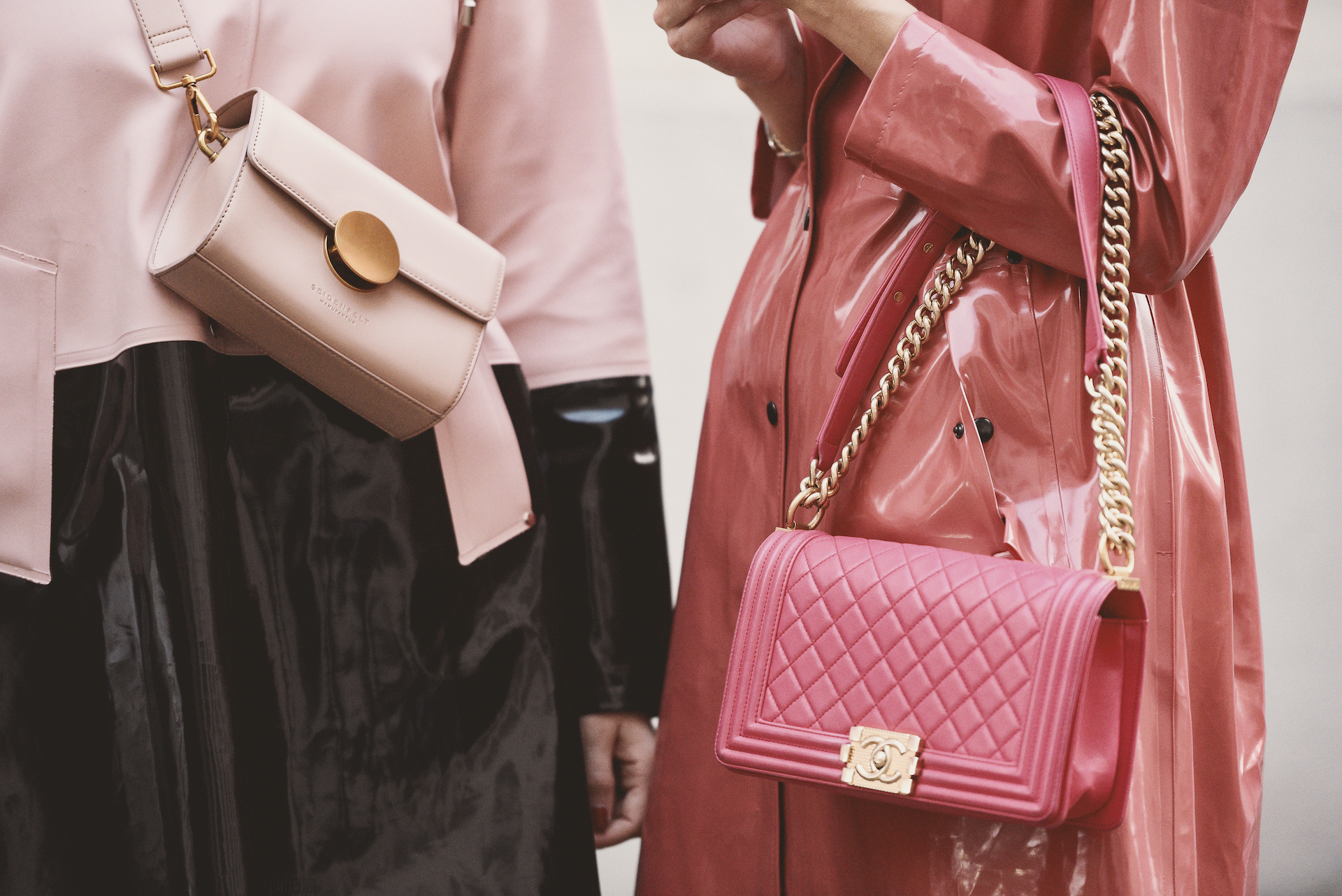
The company offers an extensive selection of brands on a single platform with express delivery and free returns. The global reseller ships worldwide, serving 3.3 million customers with a $618 average customer order on Farfetch (based on first quarter 2021 data).
As a part of the company’s ‘Positively Farfetch’ sustainability initiative, in May 2019 Farfetch launched Second Life in the UK, and rolled out to the US and rest of the EU in November 2020. The Second Life service encourages consignors to clear space in their wardrobe and earn Farfetch credit by selling designer bags through their program.
The Second Life service allows sellers to upload photos of the bag they want to sell, and the company responds with the credit amount that can be earned within two working days. Sellers can then arrange a free collection and earn a credit once Farfetch has received and verified the bag.
The company’s sustainability initiative has resulted in further commitments as well. Through its new Climate Conscious Delivery program, Farfetch commits to offsetting the carbon impact of all its deliveries and returns.
Farfetch plans to reduce its emissions by “shipping with more efficient packaging sizes and incentivizing retail and brand partners to select the correct size box for their item; shipping pieces in bulk via its fulfilment network; and now by offsetting the remaining impacts from deliveries and returns. It is also moving to more renewable energy in its offices.”
Rebag
Rebag is a New York-based online platform, founded in 2014, for buying and selling luxury handbags. The reseller boasts a collection of 50+ luxury brands, while offering fully vetted, white-glove inspected luxury goods.
Rebag aims to position itself as an online luxury handbag authority that rethinks the role of luxury in the secondary market. The company makes luxury accessible with a unique business model that puts the seller first, offers upfront payment, and makes the resale experience smooth and clutter-free.
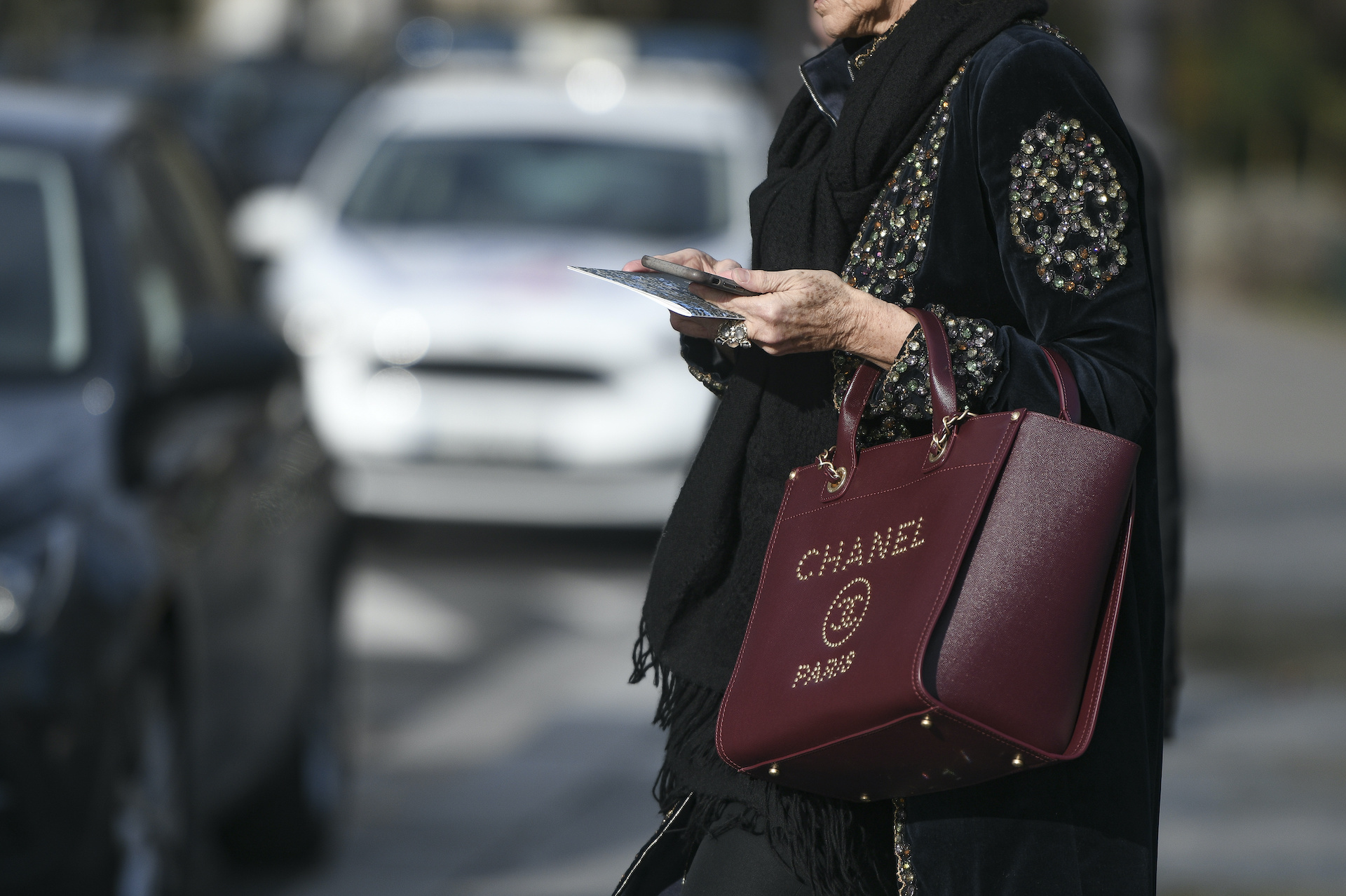
Since its inception, Rebag has catered to a rapidly growing segment of consumers who are exploring ownership of luxury goods in a sustainable and affordable way. The company operates online and in stores, with locations in Los Angeles, New York, and Miami.
Rebag holds a stock of nearly 25,000 bags and has doubled down on technology by introducing a new AI that it hopes will promote a circular economy on its site.
In February 2021, Rebag launched Clair AI, an image recognition technology that can identify and price luxury handbags within seconds. “An extension of Clair, the company’s groundbreaking pricing tool that launched in October 2019, Clair AI recognizes and instantly delivers the resale value of handbags across more than 50 brands and 15,000 Clair Codes. The software is powered by machine-learning and backed by six years of data and millions of image references collected by Rebag.”
The latest addition to the Clair by Rebag technology suite is designed to bring transparency, convenience, and simplicity to the resale process. The AI was built to educate and empower consumers to make informed buying and selling decisions.
Rebag also facilitates a sustainable cycle through their Rebag Infinity program, whereby customers can buy a bag, wear it for up to 12 months, and return it for 70-80% of its purchase price. Unlike renting or leasing, customers remain the owner of the item as soon as they pay the purchase price until they decide to exchange it. Rebag offers visibility on the 12 months exchange prices so customers can purchase with confidence. There is also no obligation to exchange. This program is designed for customers who like to cycle through different fashion trends and have endless access to luxury handbags.
The RealReal
Last, but certainly not least, let’s talk about one of the largest and most recognizable names in designer resale – The RealReal (TRR).
The RealReal is an online and brick-and-mortar marketplace for authenticated luxury consignment. The company sells consigned clothing, fine jewelry, watches, fine art and home decor.
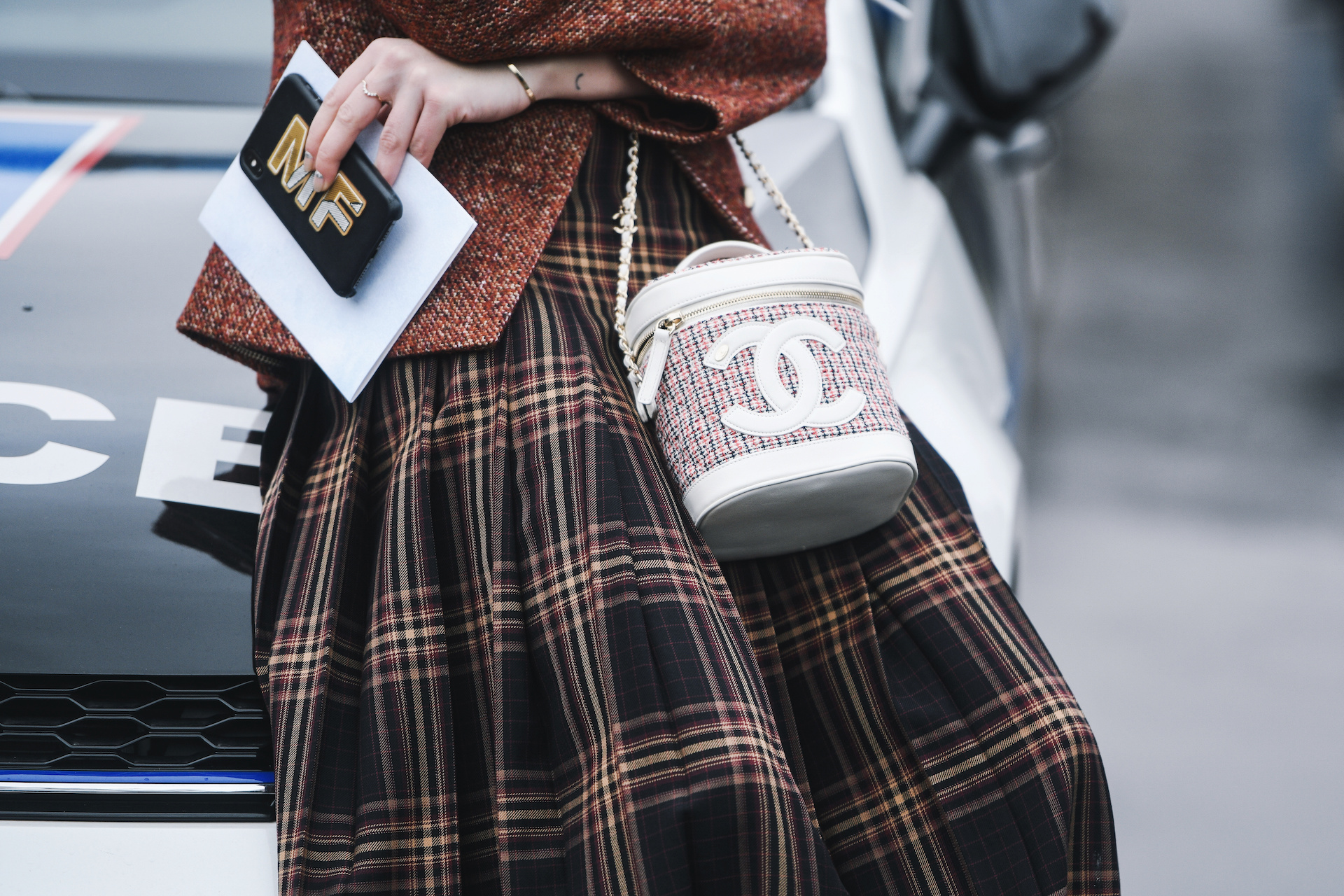
Following a typical trend of larger resellers, The RealReal appears to be driven by quantity rather than quality. To achieve larger sales volumes, TRR has been known to offer discounts and promotions, resulting in sellers receiving less than expected.
Meanwhile, one of the key aspects of a resale company is authentication. There are a lot of fakes in the market, especially for high-end brands. In recent years, the company has been called out for issues with their authentication practices, resulting in one customer spending over $3,600 for a fake Christian Dior bag on The RealReal. As a forerunner of large corporate designer resale, these issues are not surprising.
As a sustainable company, The RealReal gives new life to goods by thousands of brands across numerous categories in support of the circular economy. They aim to make selling effortless with free virtual appointments, in-home pickup, drop-off and direct shipping.
The company also does all of the work for consignors, including authenticating, using AI and machine learning to determine optimal pricing, photographing and listing their items, as well as handling shipping and customer service. At 17 retail locations, including 13 shoppable stores, customers can sell, meet with our experts and receive free valuations.
In Closing
Luxury resale is a growing market and shows no signs of slowing. Resellers stand to gain as much as their customers from the new circular economy. The opportunities for key players include selling secondhand, developing their own resale platforms, offering buy-back programs, and partnering with existing technology platforms to leverage outside expertise and drive added value.
The preowned market is here to stay. For those brands that capitalize on this trend, the rewards are numerous. As attitudes towards ownership and sustainability continue to evolve, the momentum of the luxury resale market will likely continue to rise.
Craig Lebrau is the CMO of Media Insider, a Wyoming-based PR company that aims to disrupt the way companies communicate their brand in the digital era.
© YFS Magazine. All Rights Reserved. Copying prohibited. All material is protected by U.S. and international copyright laws. Unauthorized reproduction or distribution of this material is prohibited. Sharing of this material under Attribution-NonCommercial-NoDerivatives 4.0 International terms, listed here, is permitted.
